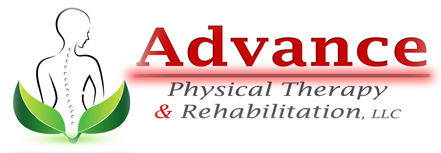
Shoulder Instability
What is shoulder instability?
Shoulder instability is a type of shoulder dislocation or separation. It occurs when the humerus is pushed out of the shoulder socket, and shoulder instability usually results in partial dislocations called subluxations or separations. After the first time that your shoulder is dislocated, it becomes much more prone to further dislocation, and if your shoulder dislocates frequently, this condition is called chronic shoulder instability. In addition to resulting in frequent shoulder dislocations, shoulder instability can cause persistent chronic pain.
What causes shoulder instability?
This condition usually begins with an initial shoulder dislocation. Severe injury from sports, falling on the shoulder or sudden blows to the shoulder causes the top of the arm to pop out of the socket. This is the most common cause of an initial shoulder dislocation, and this injury can also damage the shoulder socket bone and the ligaments that surround your shoulder. Symptoms include pain, swelling, bruising and inability to move the arm. Once these tissues have been damaged, they don’t usually repair themselves, and your shoulder dislocates much easier than it did before. Breaking a fall with your hand, can cause a separation or subluxation, where a tear occurs in the ligament that connects the collar bone to the shoulder blade. In some cases, however, people who have never had a shoulder dislocation can experience shoulder instability. Patients in this category usually have loose shoulder ligaments that are the result of genetics or repetitive motion.
How is shoulder instability diagnosed?
Your doctor may ask you to perform tests such as attempting to touch your thumb to your forearm if they believe that you may have shoulder instability. Other physical examination methods may also be employed, and imaging tests such as MRI scans or X-rays may also be used to confirm the cause of your shoulder dislocations.
How is shoulder instability treated?
Nonsurgical treatments such as physical therapy may be used to treat your shoulder instability, and anti-inflammatory medications may also reduce the symptoms of shoulder instability. However, surgery is often unavoidable if you have this condition. If you undergo surgery for your shoulder instability, physical therapy is used to aid recovery. At Advance Physical Therapy & Rehabilitation, our physical therapists will perform a thorough evaluation of your shoulder. Treatment options include immobilization, ultrasound, electrical stimulation, cryotherapy, manual therapy, kinesio taping, massage, gentle stretching, strengthening exercises, neuromuscular re-education, home exercise program and activity modification.


